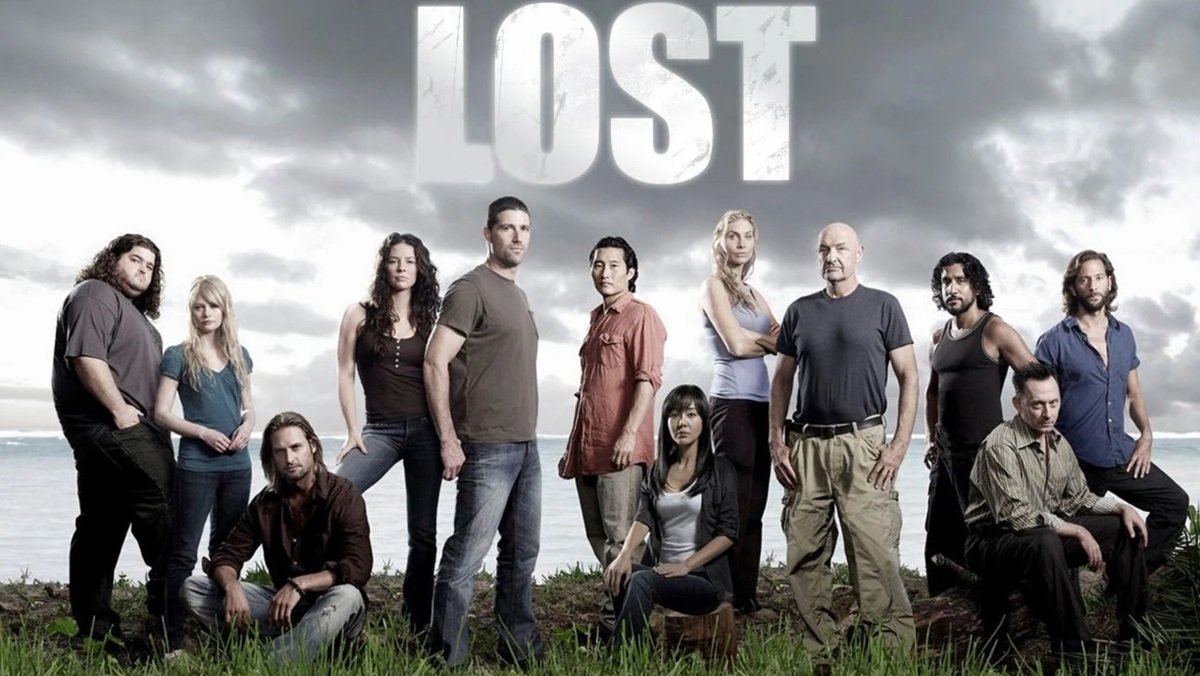Music has changed over the years, and the radio has been incredibly influential in its downfall. Over the years, radio ownership, especially by iHeart Media, has caused homogenization and unfair prejudices in the music industry. Because of all of this, I believe that you should expand your music taste and listen to more local and diverse musical artists.
I believe the centralization of music is partially caused by the Telecommunications Act of 1996, which allowed companies to purchase more radio stations, depending on how large the market is. The passing of this act led to a massive purchase of radio stations, paving the way for infamous companies such as Clear Channel Media to buy up as many radio stations as possible.
According to an NPR article, “Clear Channel (now known by the much softer, snuggly name iHeartMedia) was a beneficiary of the new rules, able to rapidly grow from 40 stations to 1,240 by 2002”. The implications of this in perspective, is absolutely insane. Over the course of six years iHeart Media was able to buy 1,200 radio stations, averaging 200 stations per year.
The same article also claims that the control will lead to “an even greater lack of diversity”, in trying to create as homogeneous a product as possible. The article claims that the company can’t take risks that they could in the past due to the vast centralization of the media. Since people in Texas and New York might have the same music playing, iHeart Media will have to play whatever keeps the masses happy, not leaving room for local artists and bands. So, how does who gets played on the radio affect who gets signed for record labels? Why is it a two way street?
Well, according to an economic analysis by the National Association of Broadcasters, “It is widely believed that radio stations, record labels and recording artists enjoy a symbiotic relationship, meaning, the record industry utilizes radio to promote its artists and music to hundreds of millions of radio listeners, while radio attracts listeners and advertisers by airing this recorded music”. This means that if less diverse music is played on the radio stations, record labels will not hire more diverse musicians because they would not reach the same levels of popularity. This could also affect the music industry by not promoting local artists, only playing songs by musicians with some other connections. But surely there are still plenty of local DJs on these stations, ensuring some degree of novelty?
Not according to an article by the Cincinnati Enquirer, which validates some concerns of local radio stations becoming extinct, covering the layoffs of local DJs in order to have more “syndicated automated programming”. This implies fewer local DJs, and a more centralized sound, which further contributes to the heterogeneity of modern music. Specific areas of the world and the USA have had specific sounds throughout the years. Grunge, for example, originated in Seattle. If policies like the Telecommunications Act of 1996 had been in place, it would have been less likely for bands like Nirvana to have been so popular, due to the depletion of truly local radio stations.
So what does this all mean, and how can we change the prejudices in the music industry? To begin with, this means that the music that you hear on the radio, Spotify, social media, or anywhere,most likely isn’t local. We should listen to local artists, and go to local venues. You should also make a conscious shift to listen to more diverse artists and genres. Over the years, the music industry has become more accessible but diversity in music has plummeted. Despite that, you can still affect the music industry. The more that people break away from their listening habits, the more radio stations will play more diverse artists. The consumers hold the power.






!["This is [Not] Who We Are" movie poster.](https://chswarriorscroll.com/wp-content/uploads/2025/04/Screenshot-2025-04-13-at-9.34.19 PM-1200x678.png)







Anonymous • Oct 6, 2023 at 5:18 pm
Crazy solution: what if we let people choose what music they wanted to listen to, maybe with a monthly fee. In all seriousness, I don’t really listen to radio, but it is kinda sad that the economics of it mean that the distributing 1’product is easier than hundreds of different stations with local music. Also, more people like to listen to popular American music because… well anyways I think that if more people start listening to local music, there will probably be more of a market incentive for radio stations to diversify. As it is, I guess I’ll just have to chose streaming over a dying media doomed to popular music.